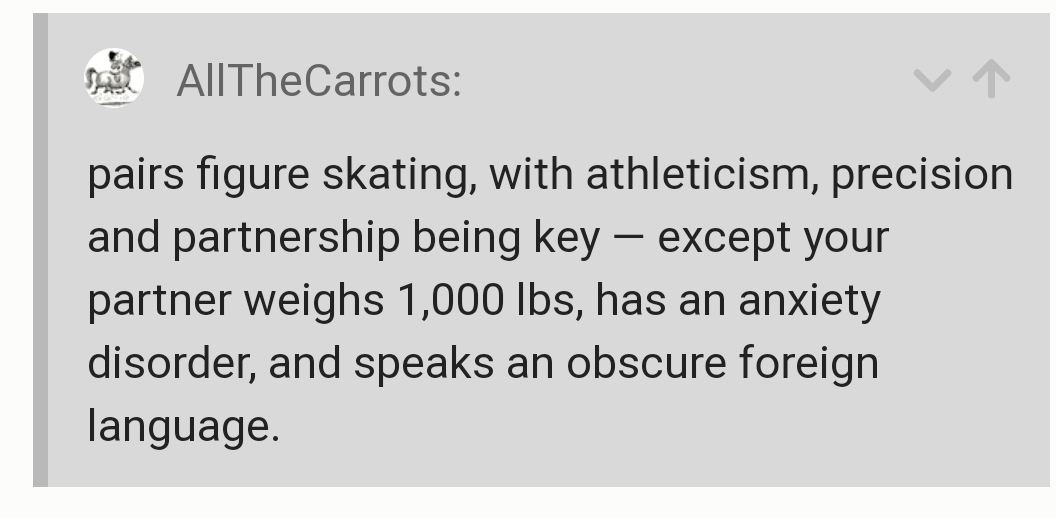My understanding is that the JC’s DNA program will tell you if the horse is who you think it might be–say you have a partial tattoo or papers went missing. TJC has been keeping DNA on file to verify breeding for a long time; my previous horse was an '03 and had DNA on file! Most TBs now should have DNA on file with TJC, submitted at the time of registration, regardless of whether they started or were tattoo’d. Same with the microchipping post 2017.
In your case, it might be worth checking for a microchip anyway. I’m not as up on AQHA and whether/when they use chips. USEF has been requiring them in hunters for a while now too. So if the horse does have one you might be able to find something out that way. Your vet should be able to check quickly and easily the next time you see them.


